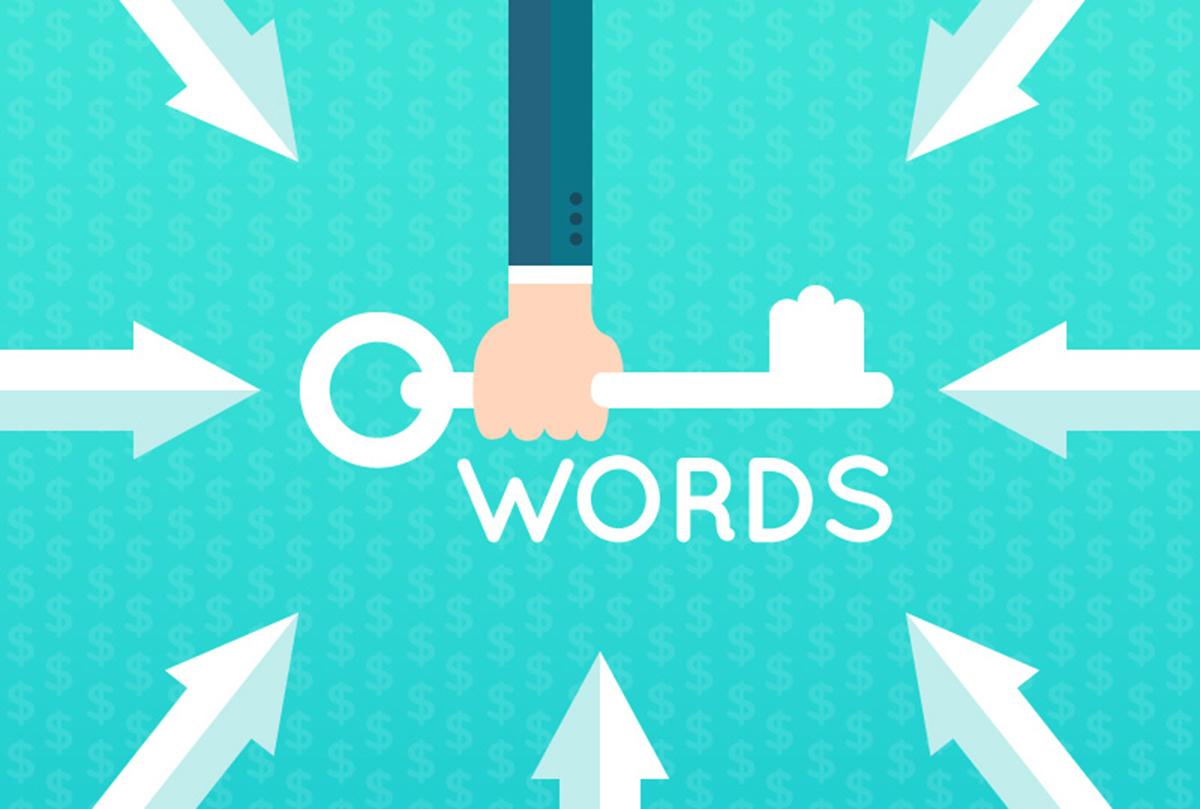Table of Contents
Modern English is a jumbled mess of bits and pieces from all kinds of different languages — not just the French and Latin you're perhaps familiar with, but also all the others it bumped into over time. Not only are the countries native English speakers are deemed to come from (deemed, yes, because English is an official language in more countries than you think) notorious melting pots for various historical and economic reasons, the English language — as a modern global language — now belongs to the whole world.

Many of the "errors" you see are not errors at all, but rather dialects, ethnolects, and sociolects. The English language is the language of Hillbillies, African American people, Cockneys, people from post-colonial India, Eastern European internet users, and others alike. No matter how well informed you are or what you studied, you can't possibly be personally familiar with all its varieties.
Language is living, too. It changes over time, to the point that many dictionaries including Merriam-Webster now list "irregardless" as a word. Talking about words, what is a word? Google's very own dictionary offers an interesting definition:
"A single distinct meaningful element of speech or writing, used with others (or sometimes alone) to form a sentence and typically shown with a space on either side when written or printed."
Hence, there's a powerful argument in favor of the idea that if you're able to understand it and use it for communication, it's indeed a word. It might be a non-standard word and one you'd rather avoid using, but it's still a word.
If you're an unrelenting Grammar Nazi, you may just want to consider moving away from prescriptive grammar — the idea that there's such a thing as a single correct way of using language bound by a single correct set of rules — and try something else on for size.
Is it weird to expect standard use of language — standard British spelling and language in The Guardian, and standard American spelling and language in The New York Times — in print, then? Hardly, and you'd certainly not like to see the kinds of things I started this article with in either of those publications! Text messages, though? Spoken-word poetry? A chat with your neighbor? There's no such thing as the English language. Rather, it might be more accurate to speak of countless variations, not a single one of which is "most legitimate".
The way in which someone you know uses language to communicate verbally and in writing can actually tell you many interesting things about them: what regions they spent time in, whether they're dyslexic, what ethnic group they might belong to, what their sub-culture is, when they were born, and more.
How You Benefit From Ditching Grammar Snobbism
Detox from self-proclaimed grammar snobbism, and you may find that you suddenly lack things to feel smug about. You do have stuff to gain in the way of personal and social growth, though!
READ How To Recognize People With Narcissistic Personality Disorder
- Instead of correcting others' use of language, you might be able to spend more time on improving your own writing and speaking, by making it more effective rather than necessarily more "correct". Consider this, for instance — no matter what you think of Donald Trump, there's no question that the fact that his use of language "bigly" differs from other politicians' has made him more relatable to some people. Relatable is good.
- Speakers of AAVE, African American Vernacular English, are usually bidialectical, the same of which holds true for speakers of other dialects. While grammar snobs are hung up on one "correct" form of English, bidialectical folks are easily able to code switch. By learning from others' linguistical patterns rather than judging them, you could even become better at learning new languages.
- Most of the things so-called grammar snobs address aren't even grammar related, but rather pertain to spelling, syntax, and pronunciation. If you think you're a "grammar" snob, you might just look a little silly.
- Nobody likes people who correct their spelling, syntax, or grammar on social media. You have nothing to lose but your judgmentalness (not a word, I know), and a lot of friends to win!
- Using texting and web speak like "LOL" and "2nite" can save you some time.
- Understanding why people use language the way they do helps you connect with them, rather than creating a division.
- Photo courtesy of freepik.com
- Photo courtesy of freepik.com

